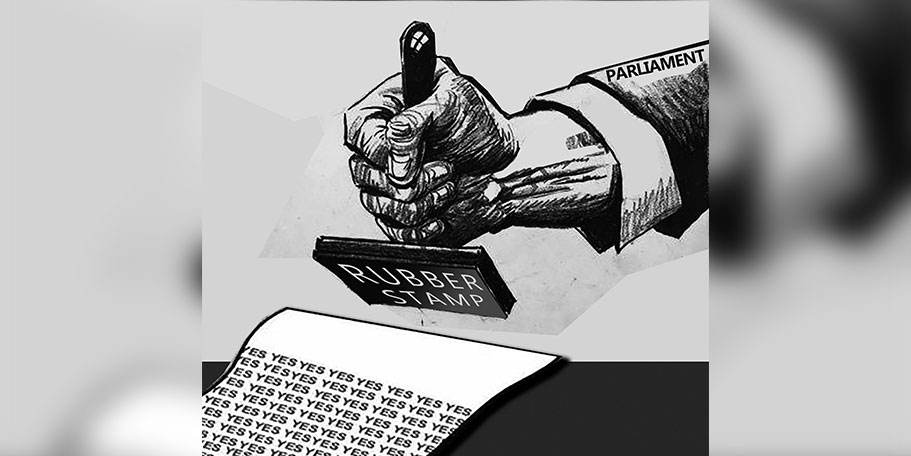
The 2024/2025 fiscal year in Ethiopia has been marked by a series of legislative actions that have stirred controversy across the political landscape and civil society alike. During its 4th year session, which ended July 7, the 6th Parliament ratified several contentious legislations with far-reaching implications, covering areas such as security, media regulation, tax reform, and civil liberties. One of the most controversial was an amendment of the Prevention and Suppression of Money Laundering and Financing of Terrorism Proclamation. Critics warn that though maintaining national security is undoubtedly a priority, the amendment’s vague definitions and the broad discretion it grants to security agencies infringe on human rights and civil liberties if not properly checked. Similarly, the law amending the mass media proclamation in force introduced tighter controls over press outlets and deemed certain media activities as threatening to national harmony. Journalists and media watchdogs have voiced concerns that the law could serve as a tool for censorship, undermining the freedoms of expression and the press enshrined in the constitution. It has raised questions about the balance between national security and freedom of expression—a debate that remains unresolved.
On the political front, Parliament passed amendments to electoral laws that tighten campaign regulations and oversight. These reforms were excoriated for appearing to favor ruling-party dominance, raising fears of diminishing political pluralism and limiting political competition as well as weakening democratic institutions. Another contentious law approved by Parliament and many believe could have grave political implications is the asset recovery law. Despite the government’s contention that the proclamation is vital to combating corruption in Ethiopia, there are legitimate concerns that it could be misused for political vendettas. Economically, the amendment to the existing income tax law and the ground-breaking law allowing foreigners to own immovable property in Ethiopia stand out as the most consequential pieces of legislation Parliament promulgated in FY2024/2025. The government’s insistence that these laws help alleviate the burden on taxpayers and spur investment sorely needed investment in housing has in fact been derided as being out of touch with the reality and insensitive to the wretched existence of the vast majority of Ethiopians.
While the laws enacted by Parliament purportedly demonstrate the government’s intention to address pressing issues they also expose a troubling trend: a validation of Ethiopian lawmakers’ long-standing role as passive recipients rather than active architects of policymaking. As has been the case for decades now the laws were drafted by the executive branch and presented to Parliament with minimal amendments or debate. Lawmakers, instead of rigorously vetting and debating the content, act as mere formalities—rubber stamps tasked with approving the government’s initiatives. This approach is perilous. Democratic legislatures are not just ratification bodies; they are vital checks and balances designed to scrutinize the executive’s proposals, ensure policies align with constitutional principles, and safeguard citizens’ rights. When they abdicate this role, it risks transforming Parliament into a façade of legitimacy rather than a robust institution of oversight and inquiry.
Going forward it’s of the essence to recognize that Parliament’s role extends well beyond formal approval. It requires building capacity for legislative review, encouraging debate, and fostering a culture of oversight. The most important obligation incumbent on them though is to uphold the notion of separation of powers. This calls for the assertion of Parliament’s independence by resisting pressure to rubber-stamp policies that could erode judicial independence, civil liberties, or entrench authoritarian tendencies.
Ethiopia stands at a critical junction. The laws enacted during the 2024/2025 legislative cycle underscore the urgent need for a proactive, vigilant legislature. To safeguard democratic gains and ensure laws serve the public interest rather than narrow political or security agendas, lawmakers must shed their passive tendencies. Instead of rubber stamping, they must be active debaters, scrutinizers, and guardians of Ethiopia’s constitutional integrity. Only then can Ethiopia truly move toward resilient institutions, respect for human rights, and sustainable development—goals that deserve nothing less.
.
.
.
#Parliament #Step #Acting #Rubber #Stamp
Source link











